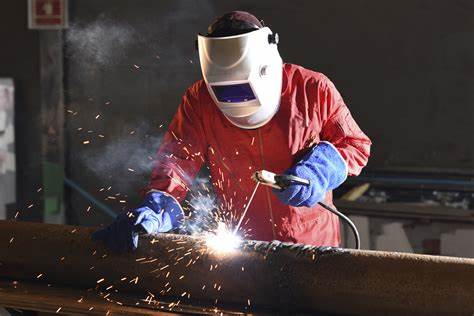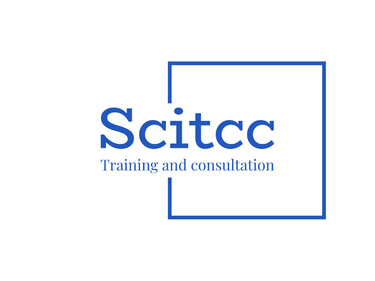
Engineering Aspects of Welding
An In-depth Exploration of Welding Techniques, Materials, and Applications for Engineers and Technicians
$5500.00
Course Title: Engineering Aspects of Welding
Course Subtitle:
An In-depth Exploration of Welding Technologies, Processes, and Applications in Engineering
Course Outline:
Day 1: Introduction to Welding and Welding Processes
Overview of Welding in Engineering
Historical context and importance in various industries
Welding applications in construction, automotive, aerospace, and manufacturing
Basic Welding Processes
Shielded Metal Arc Welding (SMAW)
Gas Tungsten Arc Welding (GTAW)
Gas Metal Arc Welding (GMAW)
Flux-Cored Arc Welding (FCAW)
Submerged Arc Welding (SAW)
Choosing the Right Process for Different Applications
Factors influencing welding process selection
Day 2: Welding Metallurgy
Introduction to Material Properties and Welding
Understanding the properties of base materials, filler metals, and electrodes
Effects of heat input on material properties
Welding Defects and Their Causes
Common defects: porosity, cracks, undercuts, etc.
Heat-affected zone (HAZ) and its effects on material strength
Preventing defects through proper techniques
Day 3: Welding Design and Joint Preparation
Design Considerations for Welding
Weld joint design: Butt, T, corner, and edge joints
Factors affecting weld strength and performance
Preparation of Materials for Welding
Surface cleaning, beveling, and pre-heating
Material selection and compatibility
Day 4: Welding Safety and Quality Control
Safety Protocols in Welding
Personal Protective Equipment (PPE) requirements
Safety hazards: fumes, electric shock, fire, and heat exposure
Quality Assurance in Welding
Inspection and testing techniques: visual inspection, ultrasonic testing, X-ray inspection
Welding standards and codes (AWS, ASME, ISO)
Ensuring repeatable and reliable weld quality
Day 5: Advanced Welding Technologies and Emerging Trends
Innovative Welding Technologies
Laser Welding, Electron Beam Welding, and Hybrid Welding
Robotic Welding Systems and Automation
Sustainability in Welding
Eco-friendly welding practices
Waste reduction and energy-efficient processes
Future Trends in Welding
Additive manufacturing and 3D printing in welding
Industry 4.0 and digitalization in welding processes
Course Objectives:
By the end of this course, participants will be able to:
Understand the fundamentals of welding processes: Recognize different welding techniques and their applications in various industries.
Comprehend welding metallurgy: Grasp the science behind material behavior during and after welding.
Design and prepare joints effectively for welding: Apply design principles and material preparation for optimal welding results.
Ensure safety and quality control: Implement safety protocols and maintain quality assurance practices throughout the welding process.
Explore advanced and emerging welding technologies: Stay updated with innovative welding practices and future trends shaping the industry.
Target Audience:
Engineers and Technicians involved in manufacturing, construction, aerospace, or automotive industries who need a comprehensive understanding of welding.
Welding Supervisors and Managers aiming to enhance their knowledge of advanced welding technologies and quality control.
Students and Graduates pursuing a career in mechanical engineering, materials science, or manufacturing engineering with an interest in welding processes.
Design Engineers looking to enhance their understanding of the impact of welding on joint design and material properties.
Learning Methods:
Lectures and Presentations: In-depth explanations of concepts, techniques, and processes.
Case Studies: Real-world applications and problem-solving scenarios to illustrate welding challenges and solutions.
Practical Demonstrations: Hands-on sessions where participants can observe or participate in welding processes.
Interactive Discussions: Group discussions on welding-related challenges in different industries.
Assessments: Quizzes, assignments, and practical tests to evaluate the participants' understanding.
Guest Speakers: Industry experts sharing insights on emerging trends and technologies in welding.
This course will provide a solid foundation in welding engineering while exploring both traditional and cutting-edge methods and technologies.


